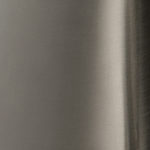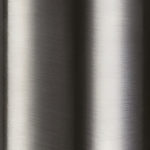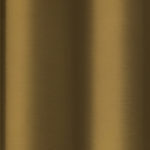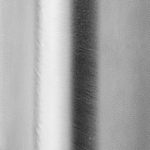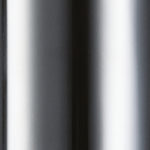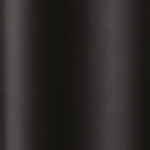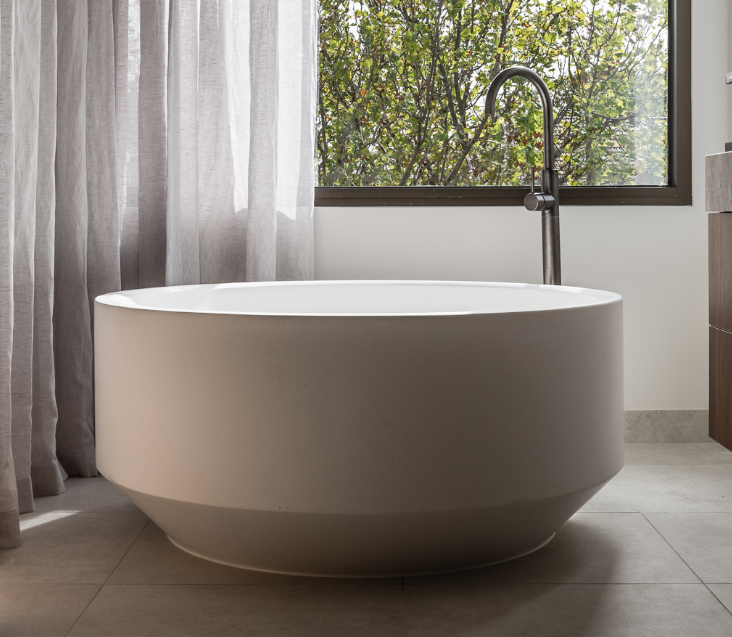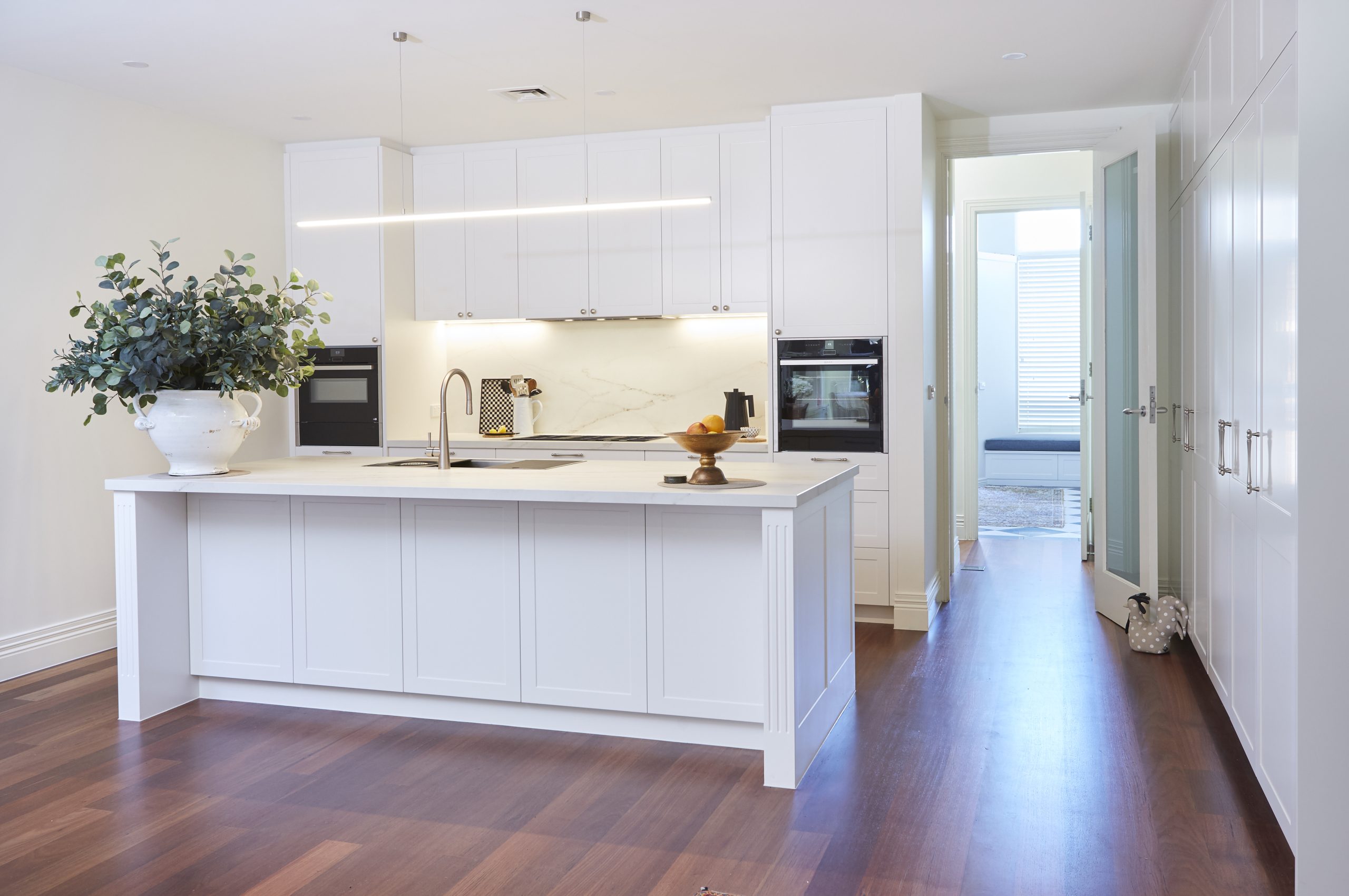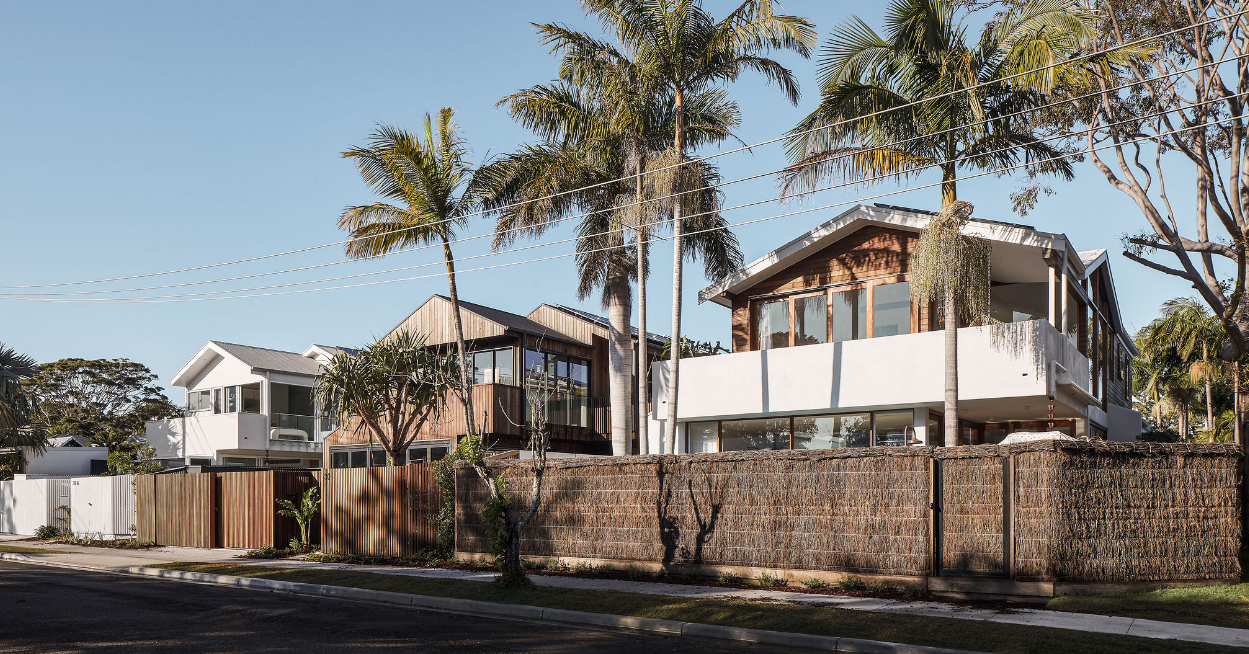A range of finishes to suit every project
Abey Australia offers a complete design solution with our custom tapware collection finishes. Each of our special finishes have been developed using state of the art technology processes that result in exceptional surface quality and a unique design element. Best of all, our finishes are done as part of the production process which ensures consistency and stock being readily available in our warehouses.
PVD
PVD is a coating technology used to deposit a thin film (few microns) on tapware. PVD stands for “Physical Vapor Deposition”.
The finishing process begins inside a vacuum chamber, where different metals like titanium, zirconium and chrome evaporate in a vacuum atmosphere. Due to kinetic energy and a potential difference, ions move on the products surface where they condense creating the desired coating.
PVD coating is particularly recommended for tapware as it allows hardness and is resistance to abrasions, scratches and corrosion. Typically processed with a thin layer, PVD coating offers exceptional aesthetic features as well as guarantees a very long life for the durability.
Galvanic
The first step of the galvanic process ensures the tapware componentry is cleaned to remove all the grease, dirt and dust from the surface. This is done by a process of degreasing. Firstly it is done by hand, then in an automatize chain at 80° C as well as 50°C and then with sodium in room temperature. This process takes 20 to 25 minutes.
Second step is applying of a layer of Nickel. This allows the final layer of finishing to be completely attached to the components and it also avoids the risk of oxidation of the surface.
In our finishing process we use Nickel PWP, which releases less nickel than the standard one. The result is components with better quality and the tapware treated with this process won’t release any toxic substances when water flows into it. The thickness of the nickel layer has an average of 15 micron. This step requires 24 minutes.
The components are now washed again then sent to the final bath for plating. The plating process gives a hard finish surface which passes a standard salt spray test to ensure there isn’t any oxidation.
Lacquered
Wet paint is the traditional (although technologized) process of applying a liquid paint to a metal product for finishing. Most sheet metal fabrication processes will use a spray, pump or pressured vessel to deliver the wet paint evenly. Plating is the process by which metal is deposited on a conductive surface.
The process of wet painting is accomplished by thoroughly cleaning a metal object before wet-blasting liquid paint to an even thickness of approximately 15-20 micrometers. The wet paint is applied until the product is evenly coated with the desired thickness of paint.
The process of plating can be quite complicated and depends on the desired metal for plating and sought effect. Typically, an item is covered with a desired metal and some combination of heat and pressure are applied to fuse them.
Painted tapware can produce a wider range of colours than powder coated so more custom colours can be produced. A much better thinner finish can be produced also with paint than other methods.
Powder Coated
Powder coating is a finishing process in which a coating is applied electrostatically to a surface as a free-floating, dry powder before heat is used to finalise the coating. Powder coating is a finishing process that yields a thick hard finish that is tougher than conventional paint.
The process of powder coating starts with the preparation of the tapware to be powder coating. Firstly the tapware is cleaned to ensure the removal of any debris and oil which can inhibit the attachment of the dry powder. Next, the dry powder is applied electrostatically – a process by which the particles of the powder and the object are charged through a high voltage electrostatic surge. This electrostatic stage of powder coating greatly increases the efficiency and productivity of the coating process as less paint is wasted and the metal object is fully coated.
The sprayed powder coating is then cured at temperatures as high as 400 degrees for ten minutes so that the finish can set onto the object. While setting, the powder melts and flows around the object. The heat not only melts the powder but binds the polymer into a heavier polymer that bonds in a tight network-like finish. The curing not only coasts the sheet metal product but it also binds the polymer into a tighter heavier finish.
The benefits of the process of powder coating are numerous. Due to the dense finish on the tapware, it ensures it is more durable and longer lasting than conventional painting. Secondly powder coating is a thick one coat finish so the process is quite easy. Also, powder coating creates even surfaces.
